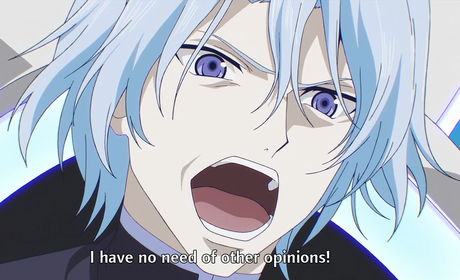Japanese women are not complaining about this.
Typically, “no complaint” would be taken to mean “no problem exists.”
But if there is one thing that white institutions are good at, it is creating problems where none exist, and then forcing them on other people against their will.
The European Commissioner for Jobs and Social Rights said Japan’s gender gap is similar to what it used to be like in Europe decades ago, but that the continent and the East Asian nation can learn from each other and advance women’s empowerment.
Nicolas Schmit also said in a recent interview with Kyodo News he was satisfied with the Group of Seven labor ministers’ statement from their meeting, held over the past weekend in Japan, for mentioning the importance of issues such as equal pay and labor equality between men and women.
Japan consistently ranks low in gender surveys by international organizations like the World Bank, trailing behind other G-7 nations.
Schmit was in Japan to attend the two-day meeting through Sunday in Kurashiki, Okayama Prefecture, along with his counterparts from Britain, Canada, France, Germany, Italy, Japan and the United States.
“We wanted clear, solid and strong statements, which I think more or less we got on equal pay and on better integration of women in the labor markets,” he said.
The commissioner said there was no real resistance to the statement from Japan, the meeting’s chair, which he attributed to “a strong awareness on the Japanese side that something has to be done.”
There is no resistance because there is no understanding of what is being proposed.
The Japanese think this man is saying “be nicer to women and make their lives easier.” They do not understand he is saying “overturn the basic order of nature and collapse your society by basing everything around the fickle whims of women, which are going to be constantly under the influence of Western institutions.”
They organized this march in the most crowded part of Tokyo on a Sunday to make it look bigger than it is

